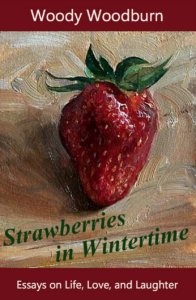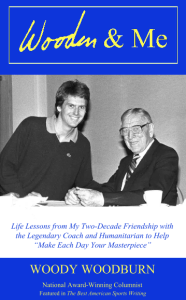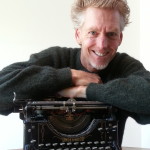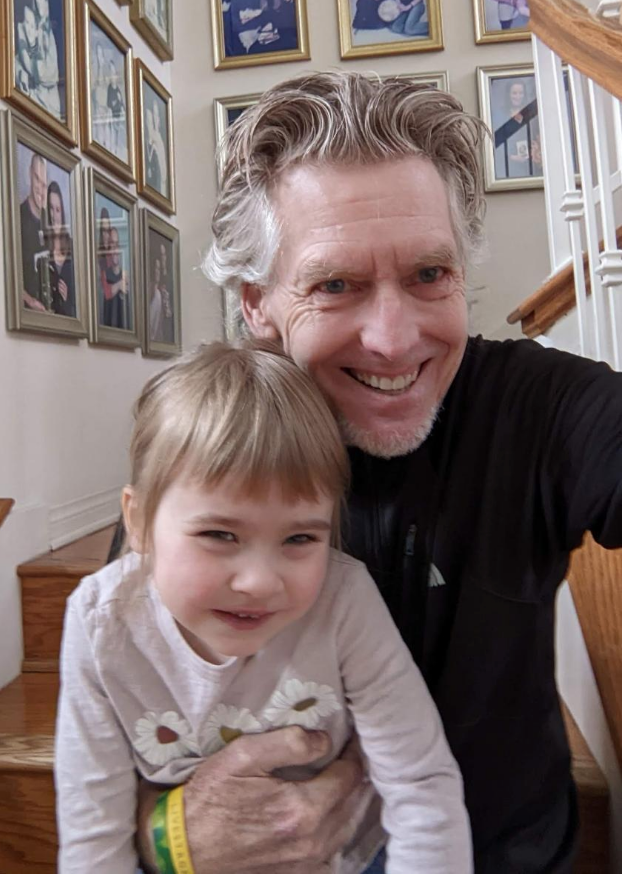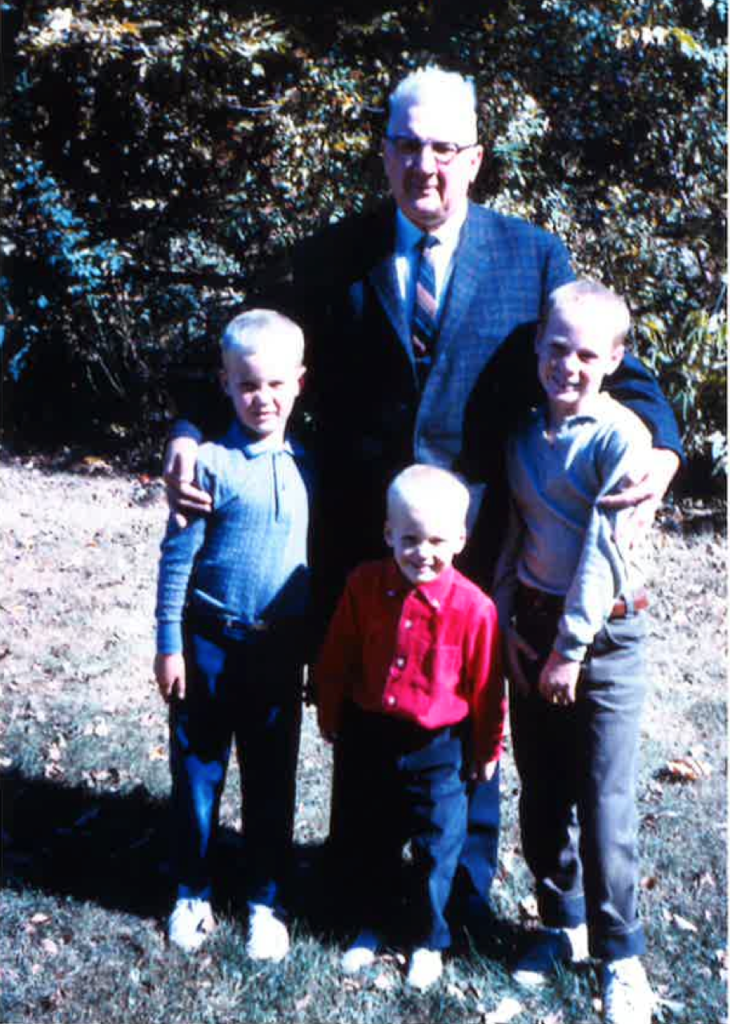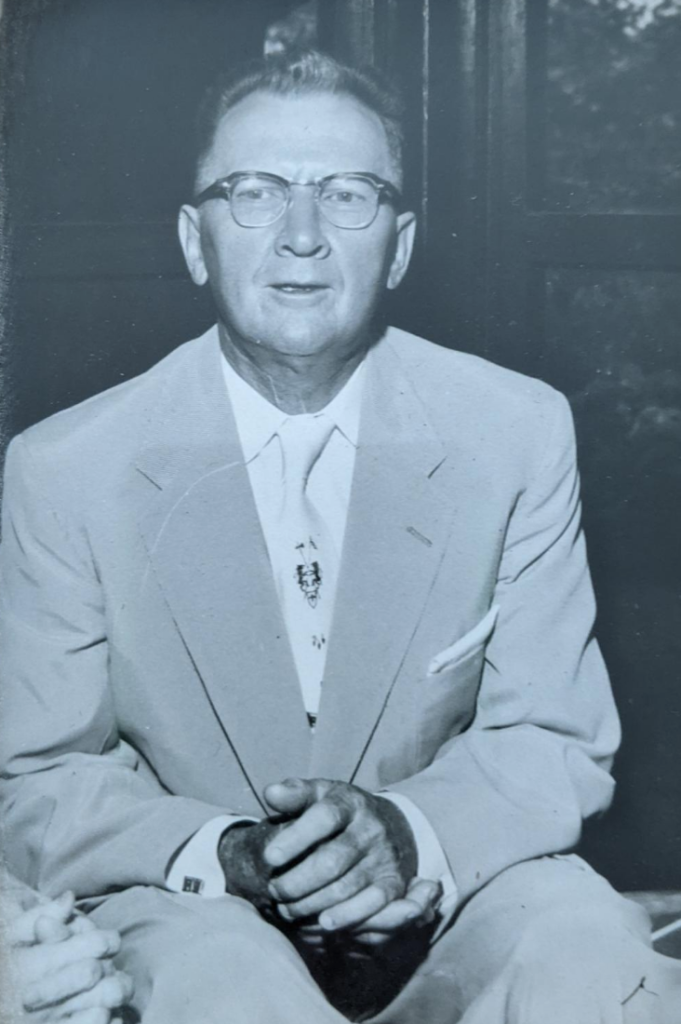And now, as radio legend Paul Harvey used to begin his popular segment, the rest of the story…
Back in December when my second granddaughter, Auden, was born, I mentioned in this space that her older sister Maya calls me Bruno instead of Grandpa or some other variation of.
Readers continue to ask me where this nickname came from and Father’s Day weekend, since my daughter and son originally gave me this pet name, seems an apropos time to share the answer.
To begin, let me go backwards. I had a great aunt named Wibbie – well, that is what my siblings and I called her because that is what my dad called his aunt ever since he was a little boy because that is what came out when he tried to say Elizabeth.
Another nickname from a boyhood, mine, that stuck – my oldest brother, in reference to a character in the B.C. caveman-era comic strip, began calling me Grog and still does.
Shakespeare’s Juliet famously says, “What’s in a name? That which we call a rose / By any other word would smell as sweet.” Similarly, what’s in a nickname can smell as sweet as any rose.
Sweet names I call my son Greg include Little Grog or Grog, Brunjun (a contraction of Bruno Jr., stay tuned), Gregburn (a contraction of first and last names) and its abbreviation GB, Funcle (because Maya does), and Greggie, but rarely Greg.
My daughter Dallas once asked me why I have so many nicknames for her – Dally, Dalburn, Bingo-bum (a word she made up at age 4 and often called me), and Meatloaf (as obscure as Wibbie for Elizabeth) to name a handful – and I answered: “Because I love you far more than a single nickname can possibly hold.”
“Why Meatloaf?” you now ask. One long-ago day I was picking Dallas up at kindergarten and as she came out of the classroom I overheard her best friend, a boy she had gone to daycare with since age 2, tell her, “Bye, meatloaf.”
On our drive home, I asked why the boy had called her meatloaf and she giggled and explained, after very likely first calling me a “silly bingo-bum,” that he had actually said, “Bye, my love.”
I thought that was just about the cutest thing ever and my favorite private (until now) term of endearment for my daughter was born. She in turn still calls me Meatloaf and Bingo-bum and Daddy; my son calls me Big Grog and Pops; they both call me Dadburn and Bruno and, by extension, to them my wife and I are sometimes The Bruns. So many sobriquets, I like to think, because of so much love.
Now back to Bruno and its origins. When my daughter and son were quite young, about 6 and 4, there was a TV commercial for a local pizza chain that ended with the cartoon mascot declaring, “Bruno’s hungry!”
Kids being kids, they thought it was spit-your-milk-out hilarious when I began announcing dinnertime by saying in a loud mascot-mimicking voice: “Bruno’s hungry!”
They playfully started calling me Bruno and all these years later Maya now does as well; as will Auden, who by the way carries my mother Audrey’s nickname; as will their future cousin, Woodchip, which is how my son and his wife Jess – GorJess to him, Jessburn or JB to me – refer to their baby daughter due in three months, so loved that even in the womb she already has a nickname.
And now, as Paul Harvey would conclude, you know the rest of the story.
* * *
Essay copyrights Woody Woodburn
Woody writes a weekly column for The Ventura County Star and can be contacted at WoodyWriter@gmail.com. Follow him on Twitter and Instagram at @woodywoodburn. His SIGNED books are available at www.WoodyWoodburn.com.
